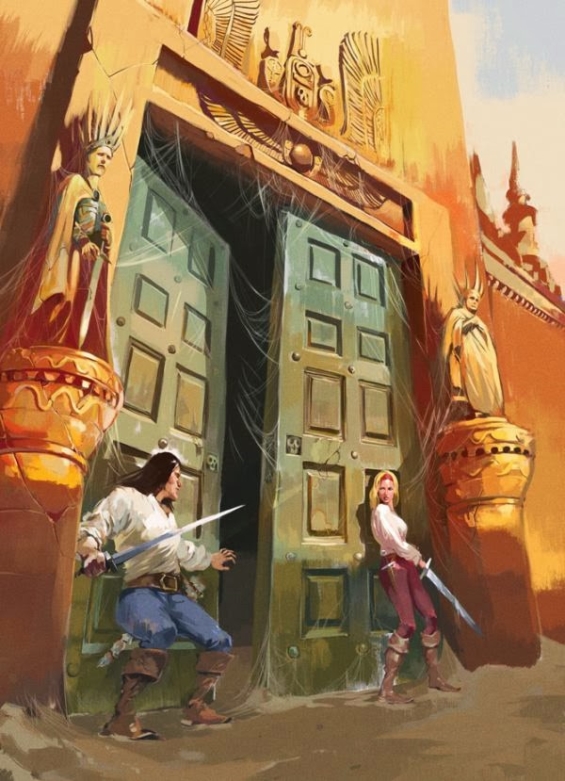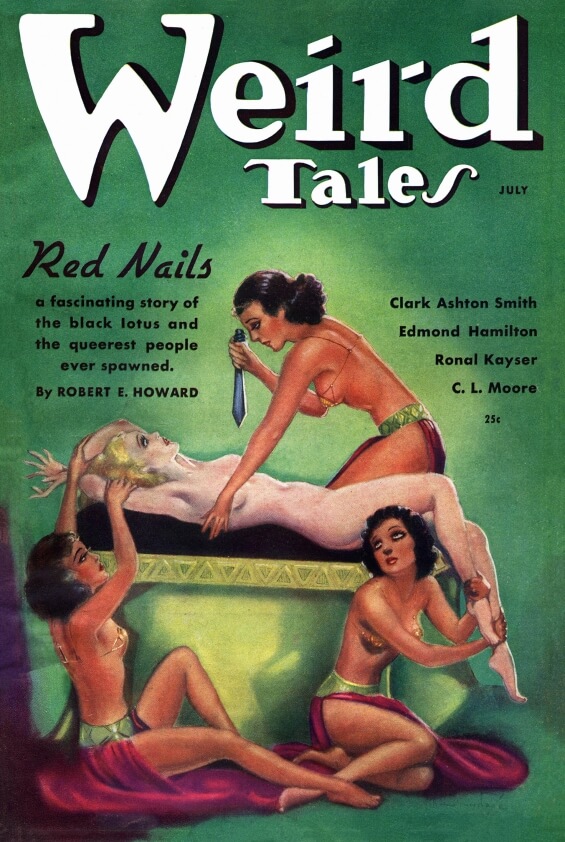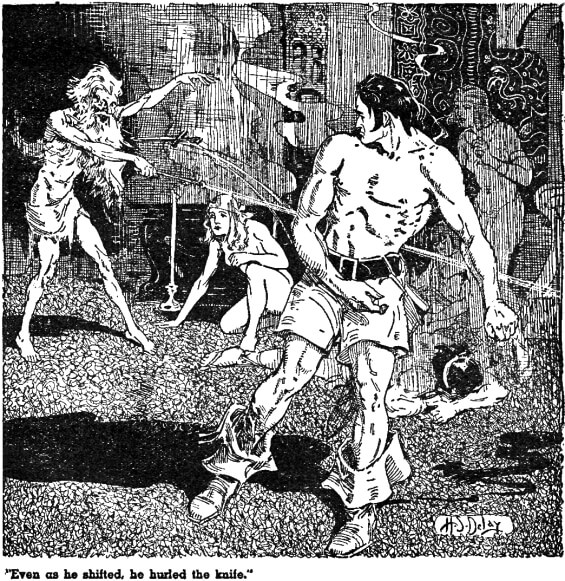
 Last year somebody* pointed out that a list of “The Top 100 Sci-Fi Books” (as organized by the Sci-Fi Lists website) was almost entirely available in audiobook form!
Last year somebody* pointed out that a list of “The Top 100 Sci-Fi Books” (as organized by the Sci-Fi Lists website) was almost entirely available in audiobook form!
At the time of his or her compiling 95 of the 100 books were available as audiobooks.
Today, it appears, that list is approaching 99% complete!
I’ve read a good number of the books and audiobooks listed, and while some of them are indeed excellent, I’d have to argue that some are merely ok, and that others are utterly atrocious.
That said, I do think it is interesting that almost all of them are available as audiobooks!
Here’s the list as it stood last year, plus my added notations on the status of the missing five:
01- Ender’s Game – Orson Scott Card – 1985
02- Dune – Frank Herbert – 1965
03- Foundation – Isaac Asimov – 1951
04- Hitchhiker’s Guide To The Galaxy – Douglas Adams – 1979
05- 1984 – George Orwell – 1949
06- Stranger In A Strange Land – Robert A Heinlein – 1961
07- Fahrenheit 451 – Ray Bradbury – 1954
08- 2001: A Space Odyssey – Arthur C Clarke – 1968
09- Starship Troopers – Robert A Heinlein – 1959
10- I, Robot – Isaac Asimov – 1950
11- Neuromancer – William Gibson – 1984
12- Do Androids Dream of Electric Sheep? – Philip K. Dick – 1968
13- Ringworld – Larry Niven – 1970
14- Rendezvous With Rama – Arthur C. Clarke – 1973
15- Hyperion – Dan Simmons – 1989
16- Brave New World – Aldous Huxley – 1932
17- The Time Machine – H.G. Wells – 1895
18- Childhood’s End – Arthur C. Clarke – 1954
19- The Moon Is A Harsh Mistress – Robert A. Heinlein – 1966
20- The War Of The Worlds – H.G. Wells – 1898
21- The Forever War – Joe Haldeman – 1974
22- The Martian Chronicles – Ray Bradbury – 1950
23- Slaughterhouse Five – Kurt Vonnegut – 1969
24- Snow Crash – Neal Stephenson – 1992
25- The Mote In God’s Eye – Larry Niven and Jerry Pournelle – 1975
26- The Left Hand Of Darkness – Ursula K. Le Guin – 1969
27- Speaker For The Dead – Orson Scott Card – 1986
28- Jurassic Park – Michael Crichton – 1990
29- The Man in the High Castle – Philip K. Dick – 1962
30- The Caves Of Steel – Isaac Asimov – 1954
31- The Stars My Destination – Alfred Bester – 1956
32- Gateway – Frederik Pohl – 1977
33- Lord Of Light – Roger Zelazny – 1967
34- Solaris – Stanisław Lem – 1961
35- 20,000 Leagues Under The Sea – Jules Verne – 1870
36- A Wrinkle In Time – Madeleine L’Engle – 1962
37- Cat’s Cradle – Kurt Vonnegut – 1963
38- Contact – Carl Sagan – 1985
39- The Andromeda Strain – Michael Crichton – 1969
40- The Gods Themselves – Isaac Asimov – 1972
41- A Fire Upon The Deep – Vernor Vinge – 1991
42- Cryptonomicon – Neal Stephenson – 1999
43- The Day of the Triffids – John Wyndham – 1951
44- UBIK – Philip K. Dick – 1969
45- Time Enough For Love – Robert A. Heinlein – 1973
46- A Clockwork Orange – Anthony Burgess – 1962
47- Red Mars – Kim Stanley Robinson – 1992
48- Flowers For Algernon – Daniel Keyes
49- A Canticle For Leibowitz – Walter M. Miller – 1959
50- The End of Eternity – Isaac Asimov – 1955
51- Battlefield Earth – L. Ron Hubbard – 1982
52- Frankenstein – Mary Shelley – 1818
53- Journey To The Center Of The Earth – Jules Verne – 1864
54- The Dispossessed – Ursula K. Le Guin – 1974
55- The Diamond Age – Neal Stephenson – 1995
56- The Player Of Games – Iain M. Banks – 1988
57- The Reality Dysfunction – Peter F. Hamilton – 1996
58- Startide Rising – David Brin – 1983
59- The Sirens Of Titan – Kurt Vonnegut – 1959
60- Eon – Greg Bear – 1985
61- Ender’s Shadow – Orson Scott Card – 1999
62- To Your Scattered Bodies Go – Philip Jose Farmer – 1971
63- A Scanner Darkly – Philip K. Dick – 1977
64- Lucifer’s Hammer – Larry Niven and Jerry Pournelle – 1977
65- The Handmaid’s Tale – Margaret Atwood – 1985
66- The City And The Stars – Arthur C Clark – 1956
67- The Stainless Steel Rat – Harry Harrison – 1961
68- The Demolished Man – Alfred Bester – 1953
69- The Shadow of the Torturer – Gene Wolfe – 1980
70- Sphere – Michael Crichton – 1987
71- The Door Into Summer – Robert .A Heinlein – 1957
72- The Three Stigmata Of Palmer Eldritch – Philip K. Dick – 1964
73- Revelation Space – Alastair Reynolds – 2000
74- Citizen Of The Galaxy – Robert A. Heinlein – 1957
75- Doomsday Book – Connie Willis – 1992
76- Ilium – Dan Simmons – 2003
77- The Invisible Man – H.G. Wells – 1897
78- Have Space-Suit Will Travel – Robert A. Heinlein – 1958
79- The Puppet Masters – Robert A. Heinlein – 1951
80- Out Of The Silent Planet – C.S. Lewis – 1938
81- A Princess of Mars – Edgar Rice Burroughs – 1912
82- The Lathe of Heaven – Ursula K. Le Guin – 1971
83- Use Of Weapons – Iain M. Banks – 1990
84- The Chrysalids – John Wyndham – 1955
85- Way Station – Clifford Simak – 1963
86- Flatland – Edwin A. Abbott – 1884
87- Altered Carbon – Richard Morgan – 2002
88- Old Man’s War – John Scalzi – 2005
89- COMING SOON (October 15, 2012) – Roadside Picnic – Arkady and Boris Strugatsky – 1972
90- The Road – Cormac McCarthy – 2006
91- The Postman – David Brin – 1985
92- NEWLY AVAILABLE – Stand On Zanzibar – John Brunner – 1969
93- VALIS – Philip K. Dick – 1981
94- NEWLY AVAILABLE The Cyberiad: Fables for the Cybernetic Age – Stanisław Lem – 1974
95- NOT AVAILABLE AS AN AUDIOBOOK – Cities In Flight – James Blish – 1955
96- The Lost World – Sir Arthur Conan Doyle – 1912
97- The Many-Colored Land – Julian May – 1981
98- Gray Lensman – E.E. ‘Doc’ Smith – 1940
99- The Uplift War – David Brin – 1987
100- NEWLY AVAILABLE – The Forge Of God – Greg Bear – 1987
In case you were wondering, the list was compiled using the following criteria:
“A statistical survey of sci-fi literary awards, noted critics and popular polls. To qualify a book has to be generally regarded as science fiction by credible sources and/or recognised as having historical significance to the development of the genre. For books that are part of a series (with some notable exceptions) only the first book in the series is listed.”
The “Next 100”, as listed over on Sci-Fi Lists, has a lot of excellent novels and collections in it too, check that out HERE.
[*Thanks to “neil1966hardy” from ThePirateBay]
Posted by Jesse Willis

















